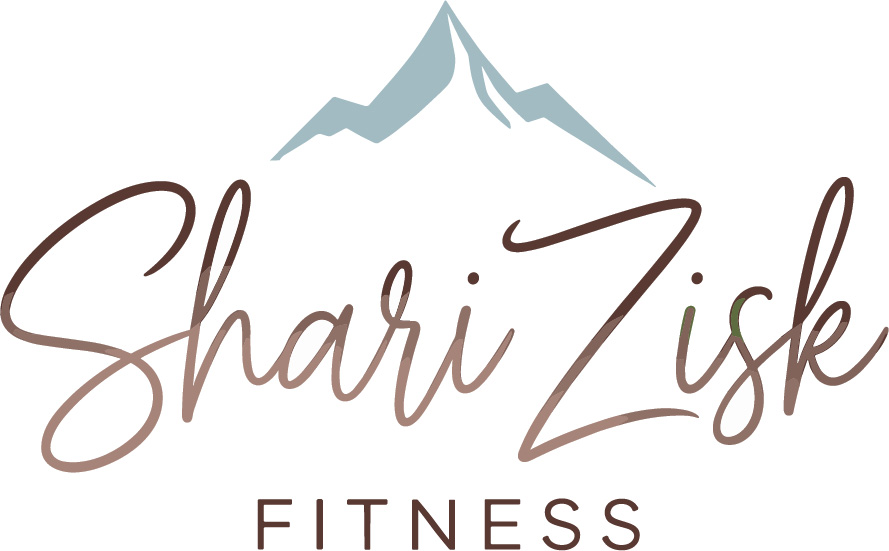robust
The quality of being able to withstand stresses, pressures, or changes in procedure or circumstance.
The property of being strong and healthy in constitution.
Strong enough to withstand or overcome intellectual challenges or adversity.
Sturdy and strong in form, constitution, or construction.
How robust are your employees? When you look across the boardroom table do you see a team deserving of the above definition? I propose to companies looking for the edge that they take their ‘corporate wellness’ initiatives to the next level by shifting from purely a ‘health preservation’ approach to a ‘muscular’ approach.
Now I don’t mean that modern corporations seek out beefy bodybuilder types that hit the dumbbells every lunch hour. In using the term ‘muscular’ I make reference to a concept rarely referenced outside of religious discussion; ‘Muscular Christianity’ is a 19th century sports movement that I believe has relevant application in the modern corporate world.
On first hearing the phrase I envisioned a gang of bouncer-type henchmen forcefully hauling people off to church on Sunday. In reality the basic premise of Muscular Christianity is that participation in sport contributes to the development of Christian morality, physical fitness and character.
Muscular Christianity proposes that serving one’s church and country can not be done with vigor, in the absence of athleticism. It appears first in 1850’s literature by social critics Kinsgsley and Hughes who were both advocates of ‘the strenuous life’. They do away with the softness and feebleness of religious life and propose an elevated spiritual, moral and physical development through the medium of sport.
In a famous quote on this subject believed to be by the Duke of Wellington, “The Battle of Waterloo was won on the playing-fields of Eton“, it is impied that the frail studious intellectuals of the French army were hardly a match for the robust sport playing British soldiers with their leadership, character, and competitiveness.
So what does this have to do with your company? Is your team of employees tending to their sniffles between stress leaves or are they serving your company with energy and enthusiasm? While wellness fairs, blood pressure checks, and lunch-and-learn seminars all have their place, a powerful and supportive advocate for athleticism must come from the top.
Here are strategies that your corporate wellness programming can implement to support a more ‘muscular’ team that is not only physically strong, but also strong enough to overcome intellectual challenges and adversity.
Assume a physically active culture. Assume all employees have ‘their’ sport or activity and work closely with them to identify supportive strategies. This might be an altered work schedule to accommodate practice or games.
Recognize personality types. Some people need the dynamics of a group and enjoy the camaraderie and competitiveness of being active with other people. For others, they are more inclined to enjoy an individual style activity like running, rowing or a gym workout. Companies need to recognize sport personality types and subsidize and or support a diverse range of activities. What might be personal training for one person might be hockey ice fees or martial arts for another.
Physical activity friendly facilities. We can’t all work for EA Sports (ie: have onsite tennis, basketball and beach volleyball courts), however companies may be able to provide shower facilities and or storage lockers for holding sporting equipment such as tennis rackets, basketballs, rollerblades, spare clothes, etc…
Talkback Questions
Have you observed productivity differences between your athletic and non-athletic coworkers or employees?
Have you noticed attitude changes in your employees or co-workers (or yourself) after becoming more physically active?
Further reading
Muscular Christianity: Evangelical Protestants and the Development of American Sport
Muscular Christianity: Manhood and Sports in Protestant America, 1880-1920
Reference
Watson, N, Weir, S & Friend, S. (2005) The Development of Muscular Christianity in Victorian Britain and Beyond. Journal of religion and society, Volume 7.
Retrieved from http://moses.creighton.edu/JRS/2005/2005-2.html
I started pumping iron and drinking green smoothies in my teens. Now a 40+ mama with 25 years of experience working in the fitness industry, I do things differently. What I discovered during my personal healing journey made me pivot in my approach as a personal fitness and wellness coach. Now I teach people how to sweat, nourish and glow from an entirely new perspective.

